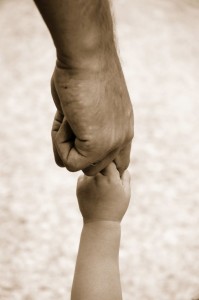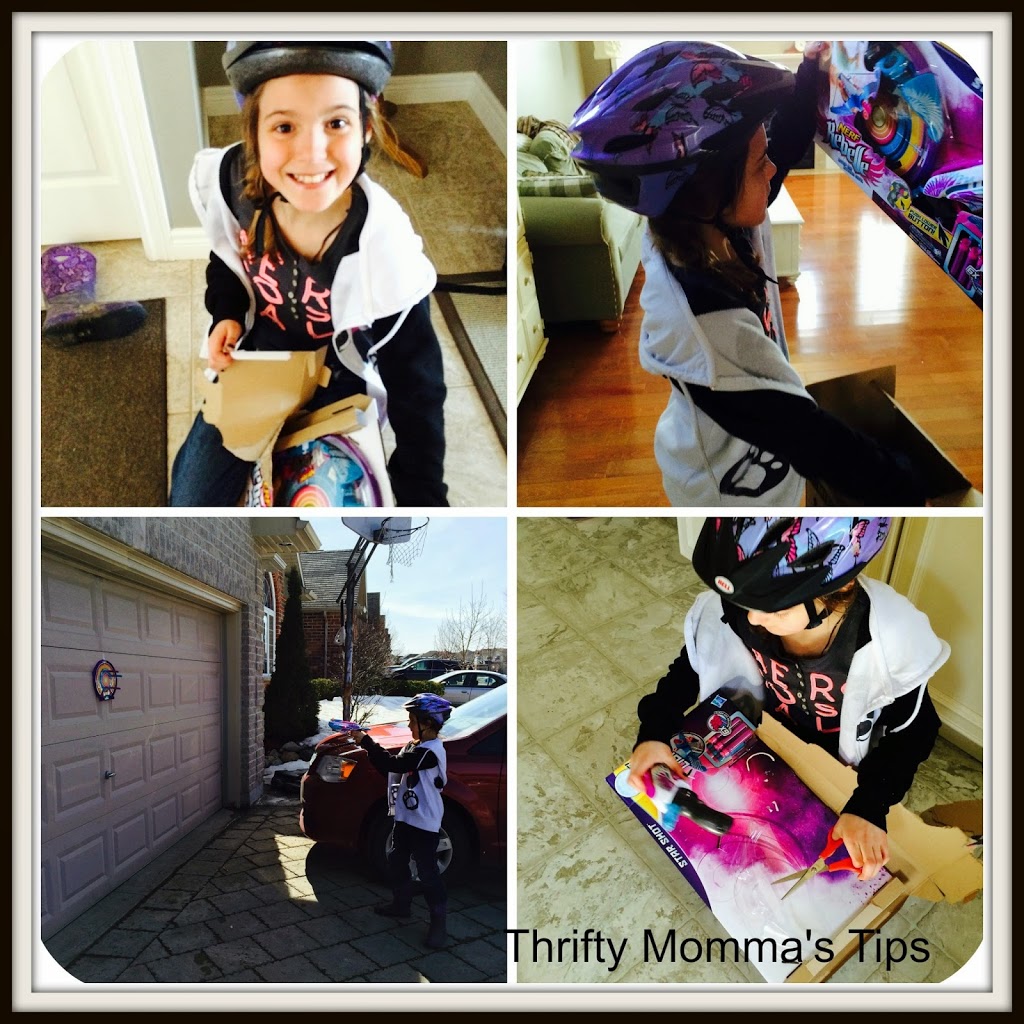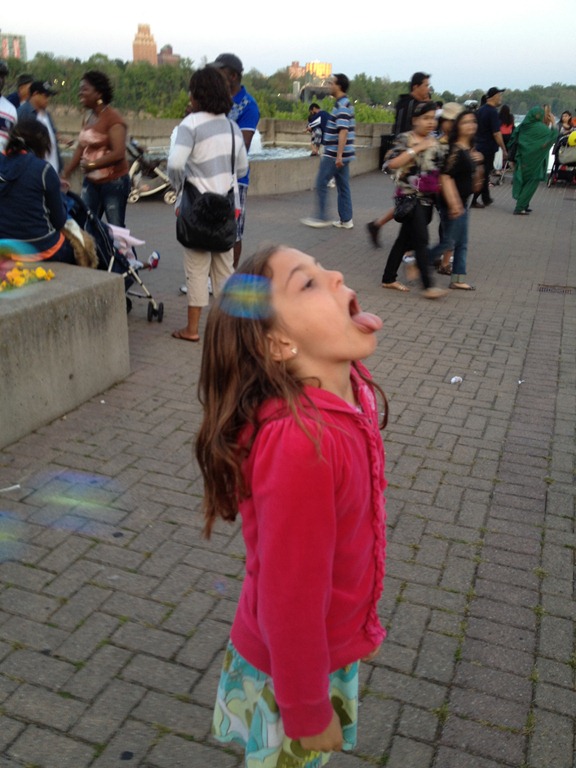
Childhood Depression, Adoption and Mental Health
This Childhood Depression, Adoption and Mental Health post is the 3rd blog post in my series inspired by the NACAC conference last week and the stories shared, as well as the expert speakers.
Recently, I spoke about advocating as a parent at the NACAC conference for adoptive parents and children. NACAC stands for North American Council for Adoptable Children. The opriganizatinos provides resources for children, youth and families going through the adoption process. Also, they typically have an annual conference.
Advocacy is not optional in my world. It is where I spend a huge amount of my time and resources. As you know, our children are adopted and have some unique challenges.
This post contains real examples of what childhood depression and anxiety look like in homes of the parents I know. All names have been changed for privacy.
NOTE – > Please seek immediate help if you suspect your child or youth is struggling with mental illness.

Table of Contents
Jasmine’s Story
Jasmine, 7, comes home from school and gets off the bus to greet her mother like usual. She seems a bit tired, but her mother doesn’t think much of it and lets Jasmine run downstairs to watch television. She needs this every night after school and her mother understands that Jasmine has to relax after holding it together in class. Meanwhile Jasmine’s younger sister Alyssa runs downstairs to greet her.
Alyssa
Both girls were adopted as infants. Alyssa has some special needs, significant sensory issues, impulse control and attention difficulties. She has recently been diagnosed with FASD (fetal alcohol spectrum disorder.) Jasmine is not responding so Alyssa hits her hard in the arm to get attention. Mom is at the computer and she hears Jasmine snap, scream, and smack her sister back. Jasmine can’t stop.
Mom runs downstairs to separate the girls and turn the television off. Then they both explode.
Parenting Through Explosions and Mental Health Issues
Alyssa must be picked up and moved to her room where she continues to scream: “it’s not fair” and Jasmine screaming at the top of her lungs loses it. Her mother begins to escort her to her room when Jasmine begins yelling: “I hate life. I am just going to find someone with a gun to shoot me.”
Her mother responds by cradling the girl as an infant and rubbing her back. She knows she needs to calm her down before she can get anywhere near the underlying reason for the sudden threat of suicide.
Being a Detective
Days later she will discover in therapy that Jasmine is being bullied subtly and excluded socially, rejected repeatedly by her peers at recess.
Even when kids have all the language in the world and no language related learning disabilities or challenges, they often cannot say: I need help. Or I am having issues at school. They react with behaviours.
Getting to the Why
When you are adopted like Jasmine and your first real life experience was a rejection by a birth parent, these social rejections are devastating psychologically rendering her very vulnerable.
Callum’s Story
Callum, is six. He struggles at school because of his attention and impulse issues. He is aggressive and angry and he is suspended four times at the start of grade one at the school down the street from his home because his teacher and principal do not know when to intervene to stop his explosions.
They have no clue what the triggers are. To them, it seems like he is just being bad. They don’t understand that when the teacher orders him to come and read to the class ‘Now’ that he is covering and concealing a learning disability. The young boy has excellent coping mechanisms that hide the real issues. But nobody can get to the underlying cause because all they see is the anger.
Why Doesn’t He Say Help?
He will not tell her I can’t read the letters because they are all backwards. To a six year old boy that would be admitting to friends that he is dumb. Far better in his mind to throw the desk and the chair in anger and get suspended. While Callum lives with his forever family now, before he found them he went through a failed adoption attempt and three foster homes. He witnessed violence in his home as an infant and was taken in the night during a police raid.
Even in Young Children, Childhood Depression and Anxiety are Real
He comes home from school one day and finds his mother who also does foster care taking care of one of the babies. She is feeding the baby when she realizes Callum is much too quiet. Her mommy radar tweaked, she runs up to her son’s room and finds him with a belt on his top bunk, trying to figure out how to hang himself.
She calls the local children’s mental health agency and reports the crisis.
Jasmine’s Mom is unsure of what to do, but eventually she also calls the agency. Childhood depression, anxiety and mental illness are sadly very real phenomenons in our culture.
Childhood Depression in Young Children
Major depression is a brain-based illness and is often very treatable. However early intervention is the key. Children who came to their families through adoption and foster care are at increased risk of many mental health issues, including depression and bipolar depression, for several reasons. They are often predisposed to mental illness.
Genetics and Adoption
For instance, people who conceive children they are unable to take care of are not always, but often, dealing with drug and alcohol addictions and underlying mental illnesses. There are definite genetic influences that contribute to childhood depression.
They Already Carry Too Much
Our children have often faced further insults of abuse, trauma, neglect, major losses, along with grief. All of these factors can contribute.
What That Looks Like at 2
Deena McMahon, of McMahon Counseling and Consultation Services, a riveting speaker at this year’s NACAC conference, says she’s seen children as young as two with depression. In a two year old, depression looks like this: Ashley comes to a therapy session and her foster mother sets her down on the floor in the middle of the room. Ashley is surrounded by toys and yet she either doesn’t touch any of them and sits there hardly moving, or she picks each one up with a flat expression, no joy, no excitement, no crawling, walking, exploring the room and places each toy right back down.
And As a Youth…
In older children, it can also appear as joylessness and a loss of interest in anything previously enjoyable to the child.
Self Mutilation
Older girls often self mutilate.
Suicidal Talk
The depressive child, McMahon says goes inward more, but can be volatile. Often they can make a wonderful recovery with effective interventions. So what are the right interventions and when does a parent take a suicide threat seriously from a child? McMahon advises that suicide threats should always be tasken seriously, never dismissed.
What Do You Do?
So what do you do, if as a parent your child suddenly threatens to get a gun and kill herself? Call the police, call a crisis line. Drive your child to the hospital emergency room.
“Call for help every time,” says McMahon.
Phone a doctor or a mental health agency.
Never, ever ignore it.
Even if you feel they are doing it just to get attention, then there’s a reason they feel they are needing that attention and you need to attend, McMahon says.
Something is Broken
We parents wouldn’t think twice about driving a child to the hospital if they broke their arm and yet we hesitate when they have mental health issues.
Perhaps we should look at mental health in the same way: something in your brain and spirit is broken, let’s get help to fix it.
A suicide threat from a seven-year-old is no less serious than one from a seventeen-year-old. It signals a problem or an illness that needs treatment.
Get Support and Help
Professionals are essential to determine whether the child intended to carry the threat out or not, whether there is a true depression or not and whether medication may be needed. Depression is the result of a chemical imbalance in the brain and can often be helped with medication and therapy.
McMahon recommends group therapy for children and teenagers. It can be effective because children who are depressed often feel they are the only ones feeling that way.

Updated in 2020
With the pandemic and all of the underlying anxiety that has caused, we have dealt with many mental health issues here this year. While all of the names have been changed in this post, each of these children are real examples of children in families I know well.
McMahon and the other experts at the NACAC conference this year provided a wealth of information and support for me as a parent of two young girls, both adopted from the foster care system.
Please know that this is not medical advice, but this piece is informed by all of the experts I spoke to at the conference.
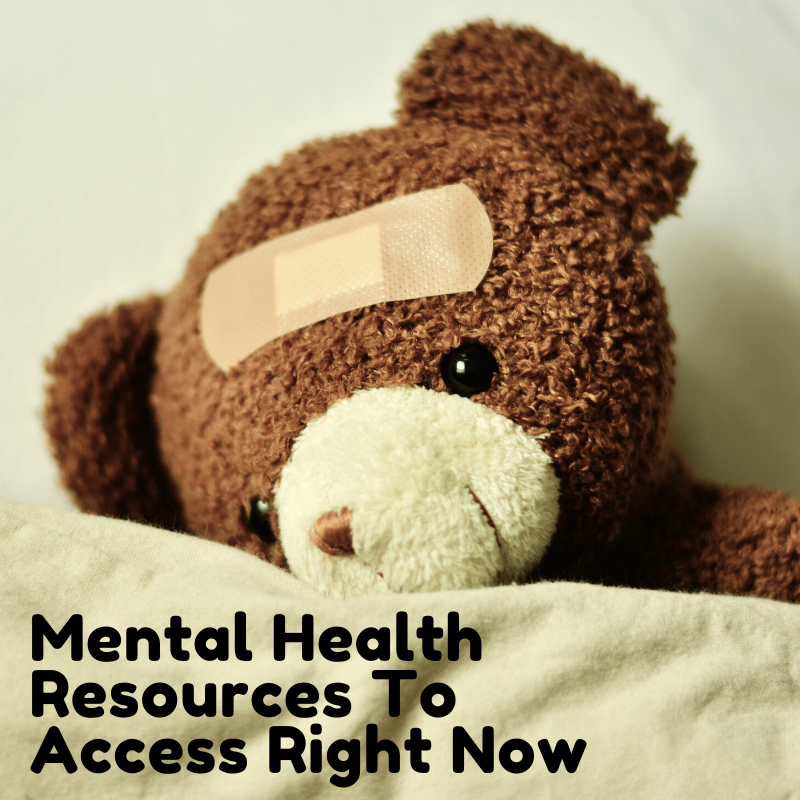
Current Mental Health Options
Reach out to one of these resources.


